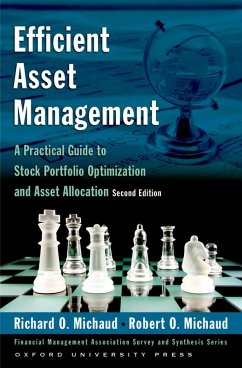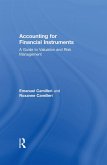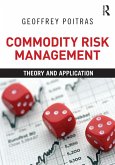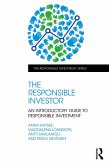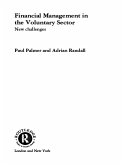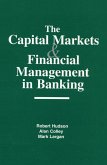In spite of theoretical benefits, Markowitz mean-variance (MV) optimized portfolios often fail to meet practical investment goals of marketability, usability, and performance, prompting many investors to seek simpler alternatives. Financial experts Richard and Robert Michaud demonstrate that the limitations of MV optimization are not the result of conceptual flaws in Markowitz theory but unrealistic representation of investment information. What is missing is a realistic treatment of estimation error in the optimization and rebalancing process. The text provides a non-technical review of classical Markowitz optimization and traditional objections. The authors demonstrate that in practice the single most important limitation of MV optimization is oversensitivity to estimation error. Portfolio optimization requires a modern statistical perspective.
Efficient Asset Management, Second Edition uses Monte Carlo resampling to address information uncertainty and define Resampled Efficiency (RE) technology. RE optimized portfolios represent a new definition of portfolio optimality that is more investment intuitive, robust, and provably investment effective. RE rebalancing provides the first rigorous portfolio trading, monitoring, and asset importance rules, avoiding widespread ad hoc methods in current practice. The Second Edition resolves several open issues and misunderstandings that have emerged since the original edition. The new edition includes new proofs of effectiveness, substantial revisions of statistical estimation, extensive discussion of long-short optimization, and new tools for dealing with estimation error in applications and enhancing computational efficiency. RE optimization is shown to be a Bayesian-based generalization and enhancement of Markowitz's solution. RE technology corrects many current practices that may adversely impact the investment value of trillions of dollars under current asset management. RE optimization technology may also be useful in other financial optimizations and more generally in multivariate estimation contexts of information uncertainty with Bayesian linear constraints. Michaud and Michaud's new book includes numerous additional proposals to enhance investment value including Stein and Bayesian methods for improved input estimation, the use of portfolio priors, and an economic perspective for asset-liability optimization. Applications include investment policy, asset allocation, and equity portfolio optimization. A simple global asset allocation problem illustrates portfolio optimization techniques. A final chapter includes practical advice for avoiding simple portfolio design errors. With its important implications for investment practice,
Efficient Asset Management 's highly intuitive yet rigorous approach to defining optimal portfolios will appeal to investment management executives, consultants, brokers, and anyone seeking to stay abreast of current investment technology. Through practical examples and illustrations, Michaud and Michaud update the practice of optimization for modern investment management.
Dieser Download kann aus rechtlichen Gründen nur mit Rechnungsadresse in A, B, BG, CY, CZ, D, DK, EW, E, FIN, F, GR, HR, H, IRL, I, LT, L, LR, M, NL, PL, P, R, S, SLO, SK ausgeliefert werden.

